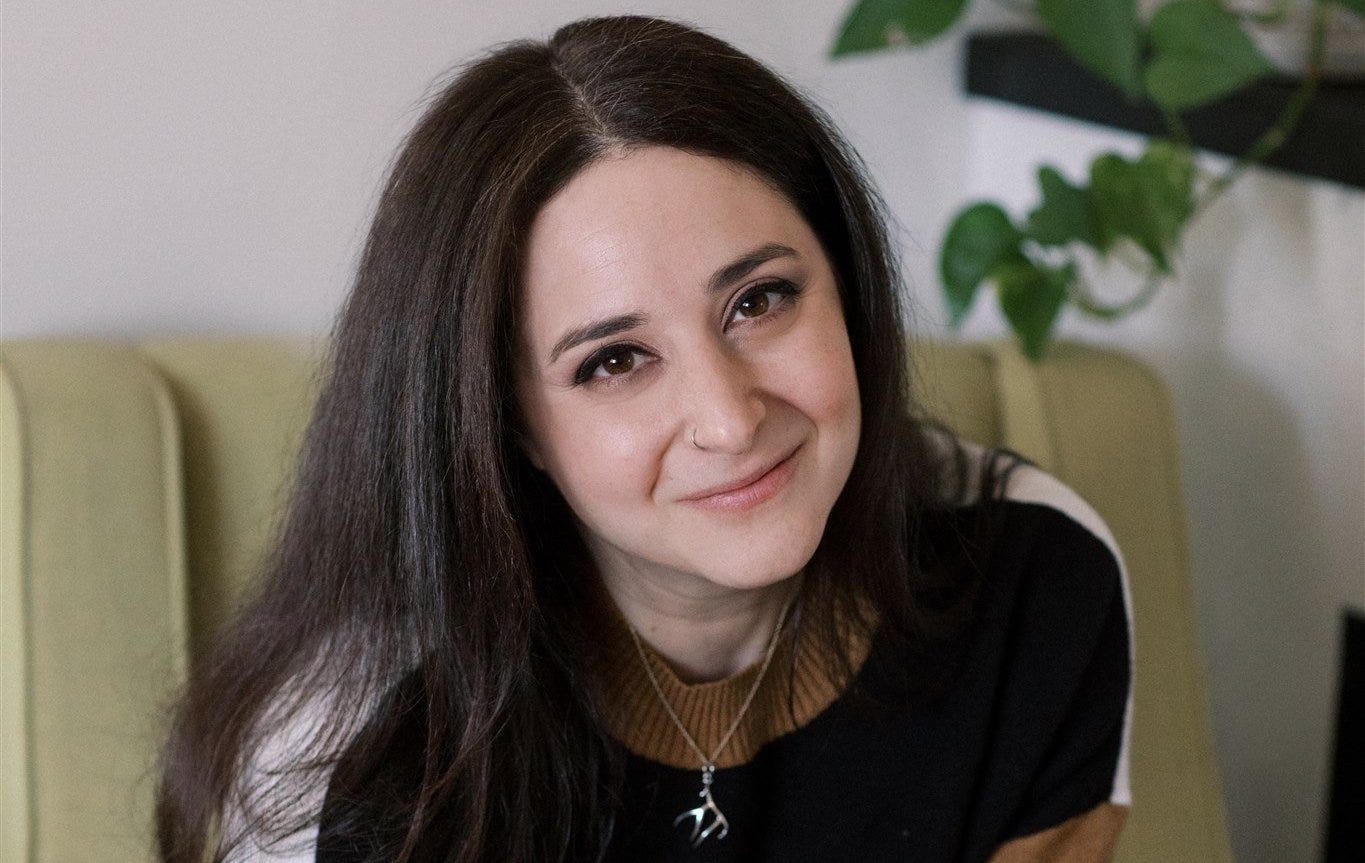LIFE IS A HOT MESS, BOOKS SHOULD BE TOO
How novelist Meredith Turits learned to embrace storytelling with untidy endings
I was standing on the side of a busy road beside my favorite brewery in Burlington, Vermont, crying my eyes out, when I told my agent I’d never write again. It was summer 2022, and she’d just told me my novel—the one I’d spent a decade on and had folded into my identity—wasn’t going to sell.
It’s not that I’d never considered this could happen. It’s hard to sell a book. And retrospectively, as I step back as an author who has a debut novel coming out this month, there were plenty of red flags in my struggle to complete it that should have told me this would be a particularly uphill climb. I’d rewritten the draft from scratch eight times. I’d removed characters and put them back in, only to take them out again. I’d generated questions in my plot I couldn’t answer, and shoehorned in another perspective to try to fix them.
But in the most reductionist sense, this wasn’t supposed to happen. I’d put in so much effort; I had the agent who’d pitched it passionately; I had editors in New York who were interested. In Vermont, confronting my unexpected reality, I choked on tears to the point that people slowed down beside me to make sure I was okay.
At the same time, reality outside of writing was its own ball of string: most notably, I’d moved into a community I ended up hating after so much research, and I didn’t have a path to get out.
This is life. No matter what you put into your best-laid plans—how much discipline you have, the groundwork you carefully lay, the vision you have—something inevitably goes off course. Sometimes it’s relatively small (even if it feels huge at the time), like not selling a novel; sometimes, it’s bigger than you can even wrap your head around. There are points in life when you’re thrust into change without your consent. It is uncomfortable, sometimes agonizing.
This reality is what I wanted to explore in my new novel, Just Want You Here. Each of the four voices in the story sees their life explode in some way, and they have choices they have to make for what their next steps are—ones they never expected to have to reckon with.
On the first page of the book, my main character, Ari, has just been told her engagement to her boyfriend of ten years is now over, and she’s suddenly left with no compass for how to live the rest of her life. She’d expected one path, and is now thrust down another. Things get messy.
As I wrote, I saw myself in Ari—someone struggling to make sense of a moment (or a life) that wasn’t supposed to be in the cards. Of course, not selling a book was a lot smaller than Ari’s need to rewire her entire life, but it was both therapeutic and helpful for me to spend time with a character who was also rudderless. As I wrote Ari’s story, I saw her learn a lot about non-linearity and what goes into an important decision to try to find footing again. Through her, I learned, too. Sometimes she succeeds; sometimes she fails. I get it. I also learned a lot about living with discomfort over the way my expected future had swerved.
When I look at Just Want You Here, I think seeing Ari’s non-linear journey and feeling its weight is the most important part of the novel. Because it reflects reality. Life is rarely straightforward and often uncomfortable.
It’s tempting to tell clean linear stories in writing, especially when audiences sometimes bristle when things aren’t cinched neatly, or at least go down easy. When I was on submission with the first novel, a lot of the feedback I got was that editors couldn’t imagine readers wanting to go down the messy journey with my deeply imperfect characters; and even as I look at some of the pre-publication reviews for Just Want You Here, a handful of early readers went into the book looking for an ending tied with a bow and felt let down when they didn’t get it.
There’s nothing wrong with wanting that kind of straightforward character journey or finale. But for me, if I wanted my writing to feel real, that tidy comfort wasn’t right.
Who knows what happens next for me as an author. After publishing my debut, the “expected,” linear path will be that the manuscript I’m working on now will sell, too. It’s out of my hands—and maybe this project will leave me crying on the side of the road again. No matter what happens, though, I can guarantee whatever comes next won’t serve those readers looking for a clean and comfortable story. It’s important for all of us.
Meredith Turits’s writing and interviews have appeared in publications including Vanity Fair, ELLE, BBC.com, Electric Literature, the Paris Review Daily, and Bustle, where she was a founding editor. She graduated from Tufts University and attended the Yale Writers’ Workshop. She lives in Connecticut.



Love this -- and I love messy books!